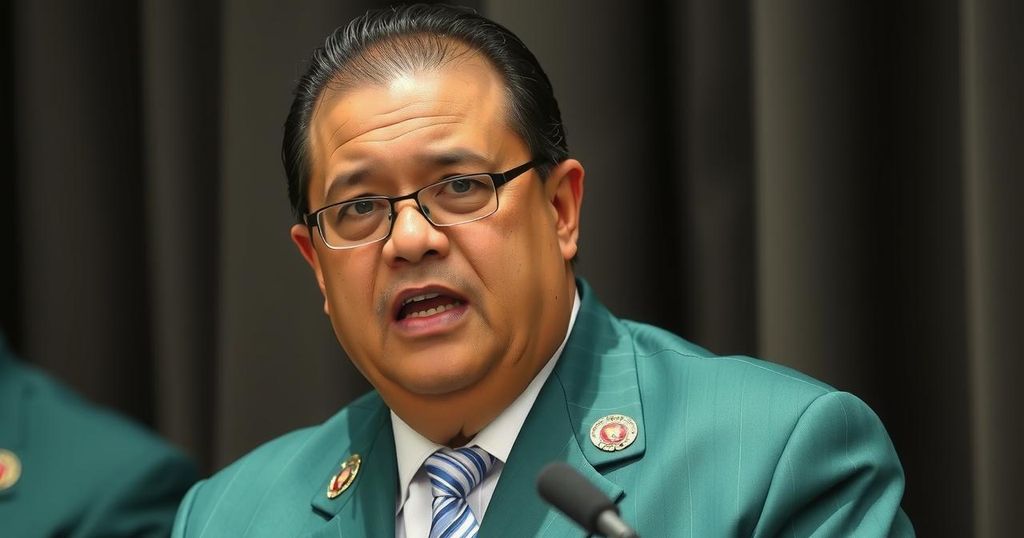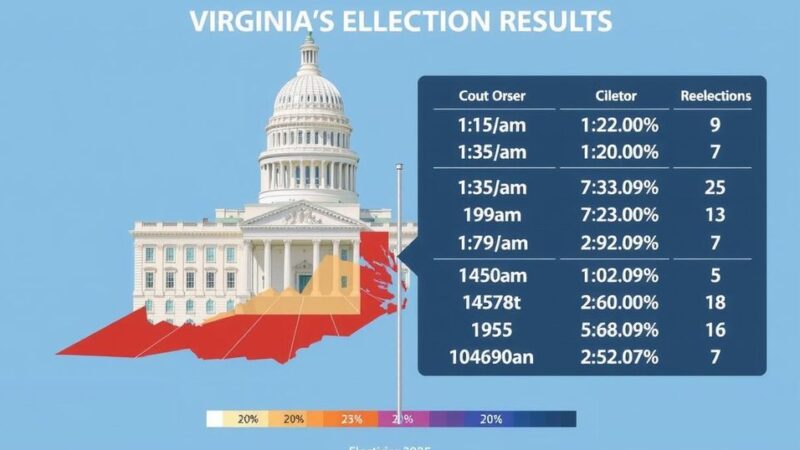Papua New Guinea’s Police Minister, Peter Tsiamalili, condemned claims of cannibalism linked to a violent incident involving two brothers. He emphasized that such barbaric acts do not define the nation. The event, which occurred in the Goilala district, has elicited broader concerns regarding the country’s image, particularly in light of historical stereotypes surrounding cannibalism. Prime Minister James Marape also addressed these stereotypes, particularly comments made by U.S. President Joe Biden about cannibalism during World War II, clarifying that Biden has expressed warm regards for Papua New Guinea.
The Police Minister of Papua New Guinea, Peter Tsiamalili, has publicly denounced recent allegations of cannibalism that have emerged on social media, labeling them as “horrific”. Graphic images published in the nation’s largest newspaper appear to show men brandishing what seems to be a severed human foot, although there is no evidence in the footage of them consuming it. The minister stated that these actions do not represent the people or the essence of the nation, asserting that violence stemming from a familial conflict had led to the tragic incident. He described the event as a moral affront to the societal values that bind the community together. The incident originated from the Goilala district following a violent dispute between two brothers, which ended with the elder brother’s death at the hands of his younger sibling. Despite the historical context of cannibalism among some tribes in Papua New Guinea, Tsiamalili insisted that such acts should not define the nation’s identity.
Prime Minister James Marape also addressed the issue, responding to United States President Joe Biden’s tongue-in-cheek comments regarding cannibalism in Papua New Guinea during World War II. Marape dismissed the remarks, emphasizing Biden’s positive sentiments towards the nation in their interactions.
Papua New Guinea has faced prejudiced perceptions over the years, often associated with antiquated stereotypes that suggest its peoples engage in barbaric practices such as cannibalism. Though there have been documented instances of cannibalism among isolated tribes in the country’s history, these accounts are rare and do not reflect the current sociocultural environment. The recent event has sparked outrage and concern regarding its implications on the nation’s image and the societal values upheld by its citizens. Tsiamalili’s condemnation serves as a clarion call to disassociate the violent actions of a few from the national identity and to challenge harmful misconceptions.
In conclusion, the condemnation of recent claims of cannibalism by Papua New Guinea’s Police Minister underscores the distinction between isolated acts of violence and the nation’s broader cultural context. Both Tsiamalili and Prime Minister Marape have affirmed that such barbaric acts do not represent the tenets of Papua New Guinean society. As the nation moves forward, it must continue to confront and dispel outdated stereotypes that threaten its identity and social cohesion.
Original Source: www.straitstimes.com







